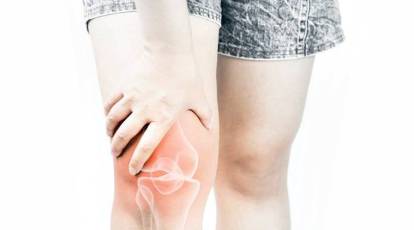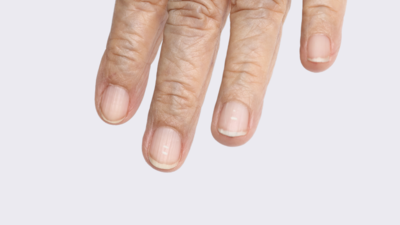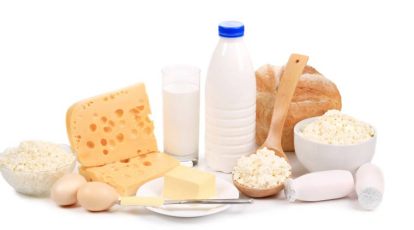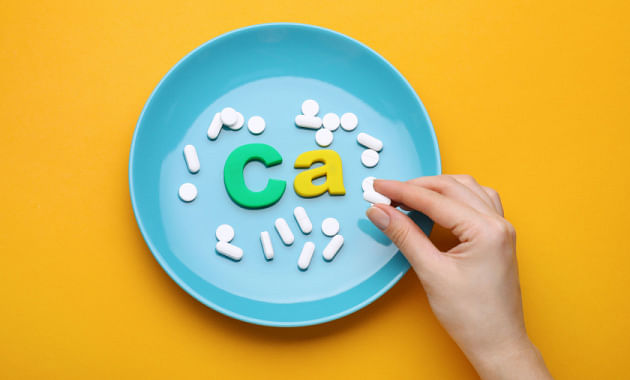What is Calcium Deficiency?
Calcium deficiency, also known as hypocalcemia, occurs when there isn't enough calcium in the blood. This mineral is crucial because our bodies cannot produce it; we must get it from the foods we eat. The majority of calcium (98%) is stored in bones, where it supports their strength and structure. This storage is released during activities and exercises, contributing to overall body function. Without enough calcium, various health problems can arise, ranging from muscle cramps to serious bone disorders.
Causes of Calcium Deficiency
- Poor Diet: Not eating enough calcium-rich foods like dairy products, leafy greens, nuts, and fortified foods can lead to deficiency.
- Lack of Vitamin D: Vitamin D helps our bodies absorb calcium from food. Without enough vitamin D, even a calcium-rich diet may not be sufficient.
- Hormonal Issues: Problems with hormones that regulate calcium levels in the blood can cause deficiency.
- Medications: Certain medications can interfere with calcium absorption, such as anticonvulsants and corticosteroids.
- Health Conditions: Diseases like kidney problems, pancreatitis, and digestive disorders can affect how well our bodies absorb and use calcium.
- Age: As we get older, our bodies may not absorb calcium as well, putting older adults at higher risk of deficiency.
Symptoms and Diagnosis
The signs of calcium deficiency vary but can include:
- Muscle Cramps: Especially in the hands and feet.
- Tingling Sensations: Like pins and needles around the mouth and in the extremities.
- Fatigue: Feeling tired even with enough rest.
- Bone Pain: Weak bones that can lead to fractures.
- Dry Skin and Brittle Nails: Skin and nails may become dry and fragile.
- Dental Issues: Increased risk of tooth decay and gum problems.
- Mood Changes: Feeling down or having memory problems.


Diagnosing and Treating Calcium Deficiency
If you suspect you have calcium deficiency, see a healthcare provider for:
- Blood Tests: To measure calcium, vitamin D, and hormone levels.
- Bone Density Tests: To check bone strength.
- Reviewing Your Health: Discussing your diet, medications, and symptoms.
Solutions and Prevention
To prevent or manage calcium deficiency:
- Eat Calcium-Rich Foods: Include dairy, leafy greens, nuts, and fortified products in your diet.

- Get Enough Vitamin D: Spend time in the sun or take supplements if needed.

- Consider Calcium Supplements: Under medical guidance, supplement your diet to ensure adequate calcium intake.

- Stay Active: Exercise regularly, especially weight-bearing activities like walking or strength training.

- Monitor Your Health: Regular check-ups help monitor calcium levels and overall bone health, especially as you age or if you have health conditions affecting calcium.
Important Facts to Remember
- Calcium Storage: 98% of calcium is stored in bones and released during activity.
- Daily Requirements: Adults typically need around 1200mg of calcium daily, with increased needs during lactation and for the elderly with certain diseases.
Conclusion: Taking Control of Your Calcium Health
Understanding calcium deficiency empowers you to make informed choices for your health. By recognizing its causes, identifying symptoms early, and taking proactive steps like a balanced diet and regular exercise, you can safeguard your bone strength and overall well-being. Consult with healthcare professionals to tailor a plan that ensures you receive the calcium your body needs to thrive. Together, let's build a foundation of health that supports a vibrant and active life.








